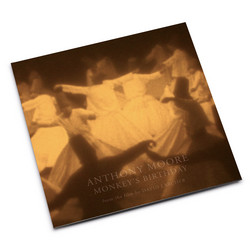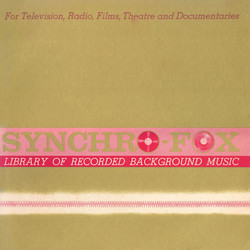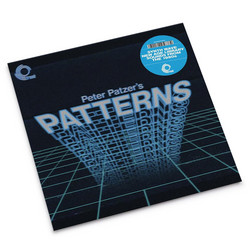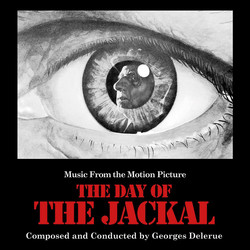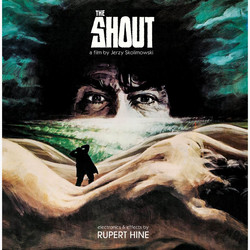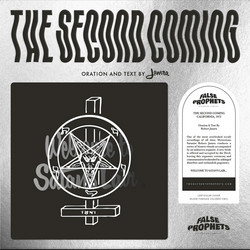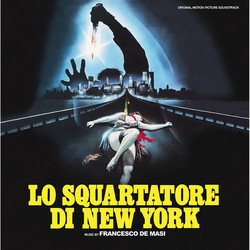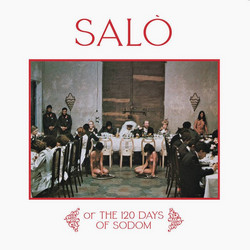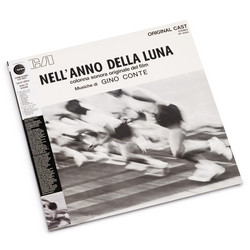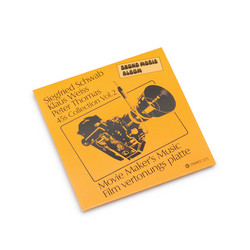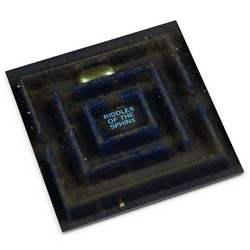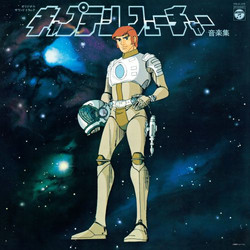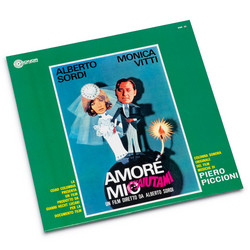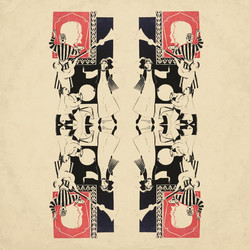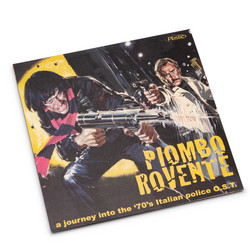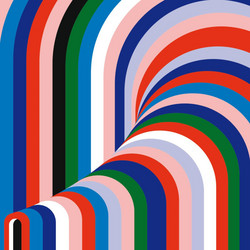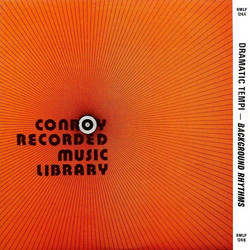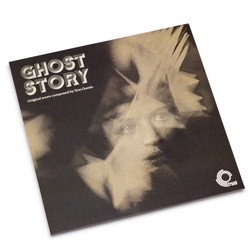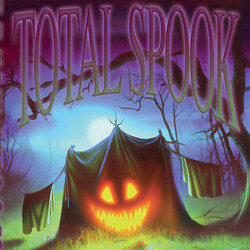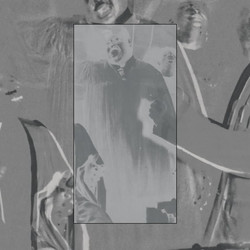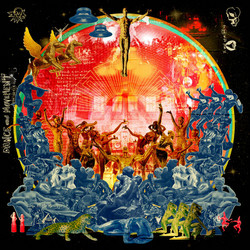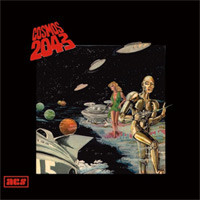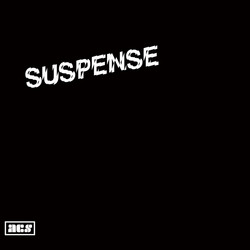Bernard Fevre
Suspense
CD edition. Long sought after by collectors, these reissues will be snapped up by a hungry public. The first thing one notices is the conciseness of Fèvre's material. It would be unusual for production music of this sort to be used in a concentrated burst of more than a few minutes, so Bernard Fevre restricts his compositions to this length, making these albums completely free of filler, partly because tunes don't stick around long enough to outstay their welcome, but mostly because their brevity allows Fèvre to concentrate his efforts into instantly memorable themes and then move on to the next number before the listener has had the chance to catch their breath.
1975's "Suspense" is a pretty self explanatory release, although the majority of its contents sound like they're geared towards espionage and crime thrillers, rather than the supernatural, so Hauntologists may not get as much out of this one as they were anticipating. Analogue drum machines, vintage synths and plenty of funky clavinet are the order of the day here, created an air of tension that remains unspoiled throughout. I found myself involuntarily tiptoeing around the house while it was on.
Suspense is an album of cinematic, proto-electro vignettes tied together with tense, dramatic melodies befitting of its title. Anthology is proud to commemorate the fortieth anniversary of this legendary work with its maiden reissue. Released at the same time is the first reissue of Cosmos 2043, a wild, science fiction-themed library LP where Fevre imagines a far future populated by space-age electronics in lush, vivid measure.
"The idea to re-release these records, and for the first time in their original format, is very dear to me. I really like the word origin, because it™s very important to know where things and people come from. I hope that others can see that I have been an originator not an imitator, although I never considered myself futuristic or revolutionary at the time. The important thing with these reissues is the fun that they will bring to the fans that have demanded them for so long. I understood it was going to make people happy. I wanted to re-master my old tracks myself because I didn’t want to have a modern filter that would take away the charm of my old work, and new details would even appear in my work. In the end, the 1970s need to be heard: it's important for the magic of listening. Listeners will have the exact sound of the studio that I was using at the time, hardly utilized by me for the original Revox tapes. It will be a journey to my dimension in a universe that I was the only one to know until now. I had the chance to work from magnetic analogue master tapes, which have not traveled far from my 1975 studio / chambre de bonne and the Paris suburbs where they were archived, since œthe object ages less quickly than its creator. B. Fevre
